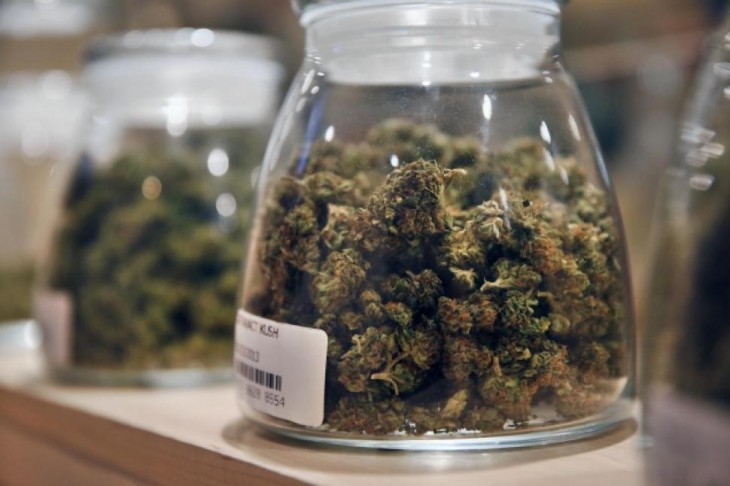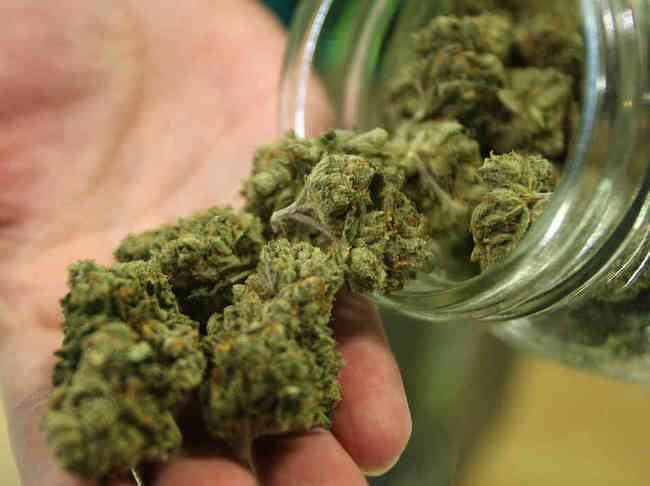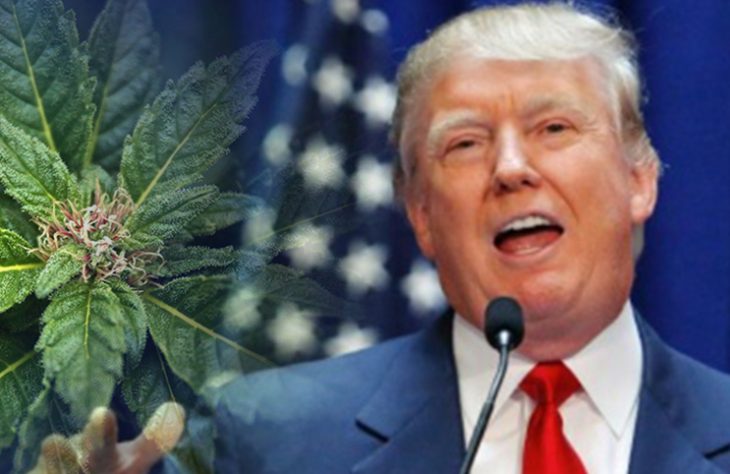Donald J. Trump is the president elect now for the USA. As the voting procedure was on, so was the process to legalise the use of marijuana for either medical or recreational use in many states of America. In fact, nine states started the drive to legalise it and voters supported it whole heartedly in at least seven. Florida was the first state to legalise the use of medicinal marijuana followed by North Dakota and Arkansas.
The question that now ponders is whether the President-elect Trump will allow this change. There are some 29 states that have laws for medical use of marijuana and then there are some now that promotes its use for recreational purposes too. These states are looking forward to grow the market of marijuana to a tune of $21 billion industry by 2020 under the leadership of Trump.
While campaigning, both the candidates of the Republican and the democratic, Trump and Hillary said that they would not dismantle the existing regulations as it is the state right. But now, there is some uncertainty as few of the past statements of Trump states that he is really not very supportive of it.
Although those in favour of it hope that Trump will keep his campaign promise of not tempering with the existing laws, they are also skeptical as they don’t trust the aides that will be surrounding and assisting Trump once he resumes office in January. The highest concern among those favouring the legalisation is regarding the person who will be serving as the Attorney General of the country. As there is a high probability of either the New Jersey Gov. Chris Christie or that of Mayor Rudy Giuliani, former New York City to be appointed for the esteemed post, it will be a blow for the favouring brigade as both of them have taken hard-line stances against legalization in the past.
The only respite they take is the fact that it is already legalised in many states for recreational and medical purposes and the size of the industry is too big. In such a scenario, to roll back on policy that allows the states to adopt their own policy will really be difficult for the federal government.









